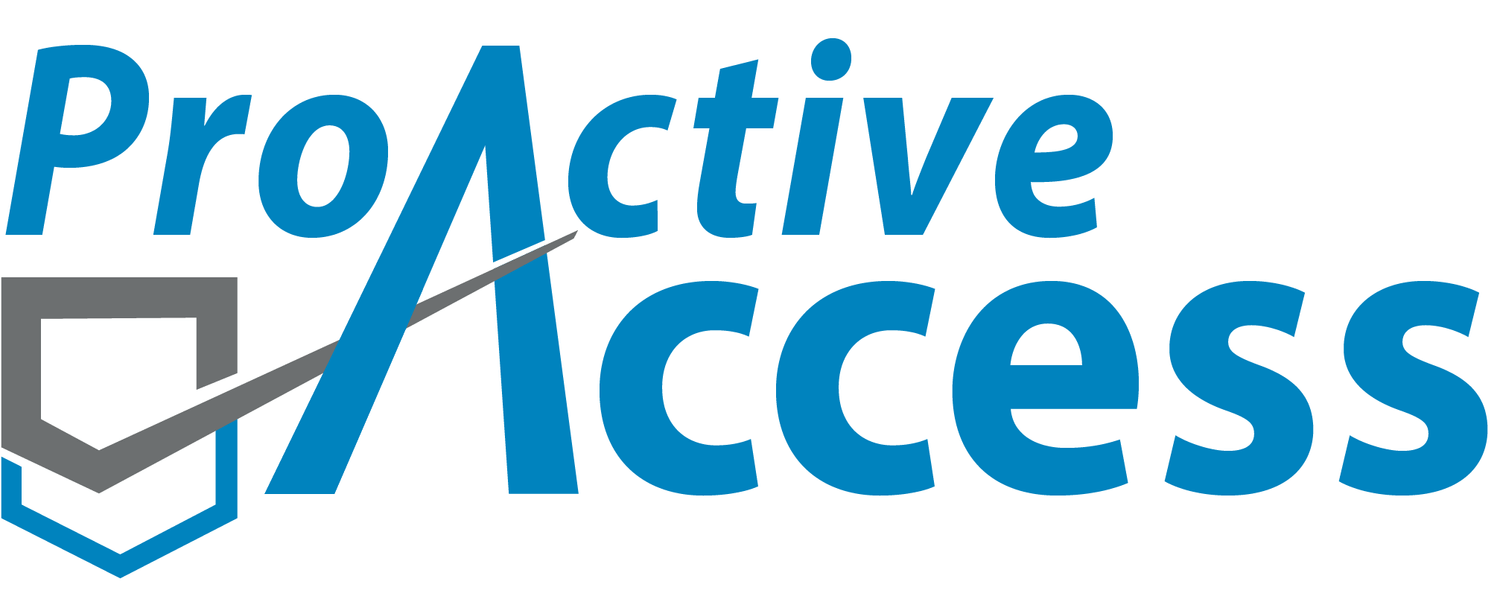ADA Compliance Checklist
Should I use an ADA checklist to evaluate my facility?
We do not recommend relying solely on checklists to determine if your facility is compliant. Checklist certainly should not be used to create a barrier removal plan. However, the use of an ADA checklist can be a useful tool to help you identify some of the obvious barriers to accessibility and get a broad sense of how accessible your built environment is.
An ADA checklist typically includes a list of questions about some of the common architectural elements found at places of public accommodation. The checklist may include questions about the accessibility of the building's entrance, parking, ramps, stairways, elevators, restrooms, dining, counters and other common area / elements.
If an ADA checklist is used, it should only be used for self-assessment purposes. If you do use a checklist and find that there are compliance issues present on your property, you should consult with a professional accessibility consultant such as a Certified Access Specialist (CASp). A CASp inspector can identify all barriers to accessibility and provide guidance on how to make your facility fully accessible to meet both the ADA as well as any other standards that may apply.
What are the drawbacks of using an ADA checklist?
For one, the ADA Standards for Accessible Design are the minimum federal accessibility standards that all 50 states must abide by. However, state and local governments may choose to adopt a higher level of accessibility than the minimum standards required by the ADAS. For example, the requirements under the California Building Code (Title 24) are much more restrictive than the ADA standards. Any new construction or alterations performed in California must meet the minimum requirements of both the ADA and Title 24.
If you were to use an ADA checklist to create a barrier removal plan in a state with more restrictive standards, you may end up making improvements to comply with the ADA but inadvertently violate state and local requirements. This can create a host of issues including path of travel violations as well as increased exposure to construction-related accessibility lawsuits. A Certified Access Specialist can prevent these type of costly issues from occurring.
Our experienced CASp Inspectors have evaluated facilities in multiple states in the western United States. If you are interested in receiving a comprehensive CASp evaluation of your site using all of the applicable standards, contact one of our CASp experts today.


